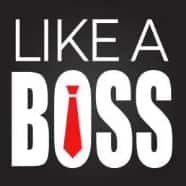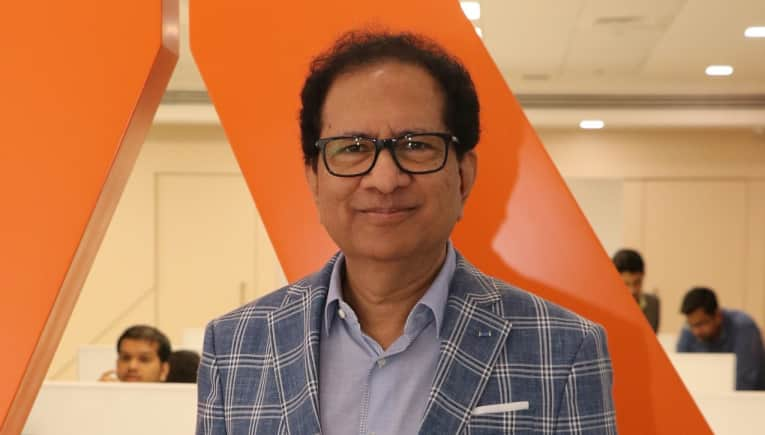Atul Nishar, founder and chairman, Hexaware Technologies, started and sold two successful companies – computer training institute Aptech and IT firm Hexaware – in 2005 and 2013 respectively. Currently, he is running his family office Techpro Ventures, which has invested in startups like Nykaa and Acko General Insurance. Apart from investing in startups, he set up Azent Overseas Education Ltd, an online-offline Edtech startup, along with his daughter Priyanka Nishar.
In an interaction with Moneycontrol, Nishar talks about his management style, the lessons on emulating McDonald’s franchise model, and how to build companies with values and compassion. Edited excerpts:
What time would you like to be at your desk?
I am not very much a desk person. So for me work is the whole day.
First I start work for all urgent matters at 730 am. That would be 30 min. Then I start work by 10-1030 am and it goes on wherever I am – home, car or office. It goes on till late in the evening.
Where is the best place to prepare for leadership: at business school or on the job?
My first leadership lessons started from my father. He taught me to be confident, communicate well and be sensitive to other people. I think these lessons helped in building my management style. Then came school and college education where I held a lot of leadership roles.
To become a corporate leader it helps to have a foundation of knowledge. It can come from either MBA, Chartered Accountant or reading plenty of right books. That foundation is useful.
But personal qualities are important as well. They are important in succeeding in business. It can come from parents, reading books or your environment. But they are very important.
We cannot give less importance to them than an MBA education.
Describe your management style.
I would say I am consultative. I would like to hold group meetings and discuss openly on topics so that people can interact not just with me but with each other as well.
At the same time I am decisive and assertive. I never hesitate in taking decisions so that things move on. I would also like to take external expert advice from time to time. I have engaged with McKinsey on multiple occasions for their advice on validating certain strategies. This is to ensure that I am on a sure footing.
Are tough decisions best taken by one person or collectively?
The fact that it is a tough decision means that it is not one that is either easy to take or a decision everyone will like. That is why it is tough. In such situations I would still consult senior team members, and depending on organisation, I would take the decision along with the CEO or two or three more people.
But it is not a shared responsibility. A tough decision is only shared by the top one or two people. Finally buck should stop with me. I am not afraid of taking difficult or tough decisions. If that is what is in the best interest of the medium to long term interest of the company.
I have taken plenty of tough decisions in my career whenever the need rose. Leaders should give credit to others when there is success. But in difficult situations he should own up – right or wrong.
Do you want to be liked, feared or respected?
I have never been afraid of anyone. So I don’t want anyone to be afraid of me. So fear would be a no-no. Then the point is, one needs to lead the company in a manner that gives the right vision, direction and focus to the company and the team.
If that happens employees are bound to respect you. Respect depends on how one has led the company. I think that is important to me. But being liked is another thing. Even if one is respected and led well, it is also important to deal with the team with humility and sensitivity and in a friendly manner.
So that we can create a good working environment. If that happens the employees will like you. It is not about making an effort to be liked but that would be the outcome of the good environment one creates in the company.
What does your support team look like?
So my support team has been small. Normally I have one competent personal assistant, corporate communication and family office head. Group finance head and human resources personnel, either head or consultant, to cover that area.
But that team has to be intelligent, capable and competent. That is very important. There is no compromise there since it would be difficult to work on a day to day basis otherwise.










